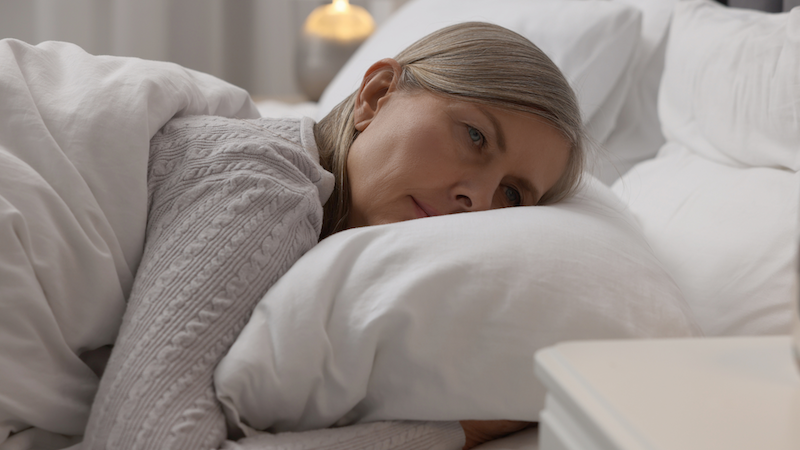At FIT4MOM, we believe knowledge is power—especially when it comes to understanding our bodies throughout every stage of motherhood. Whether you're newly postpartum, deep in the toddler trenches, or navigating the school years and beyond, you might have noticed that your body reacts differently to alcohol than it used to. Maybe one glass of wine now leads to a pounding headache, disrupted sleep, or extra anxiety the next morning. You're not imagining it—and you're definitely not alone.
Let’s talk about how alcohol impacts moms, how your changing hormones, stress levels, and sleep patterns play a role, and a few simple, empowering ways to experiment with your habits if you’re open to it.



